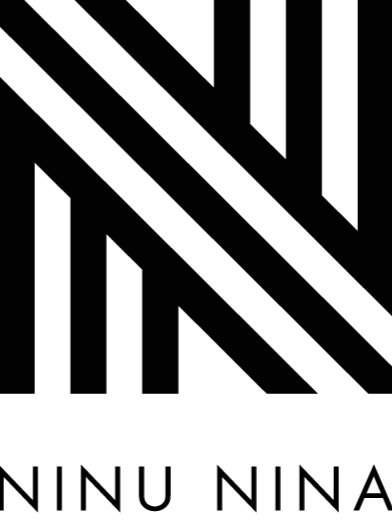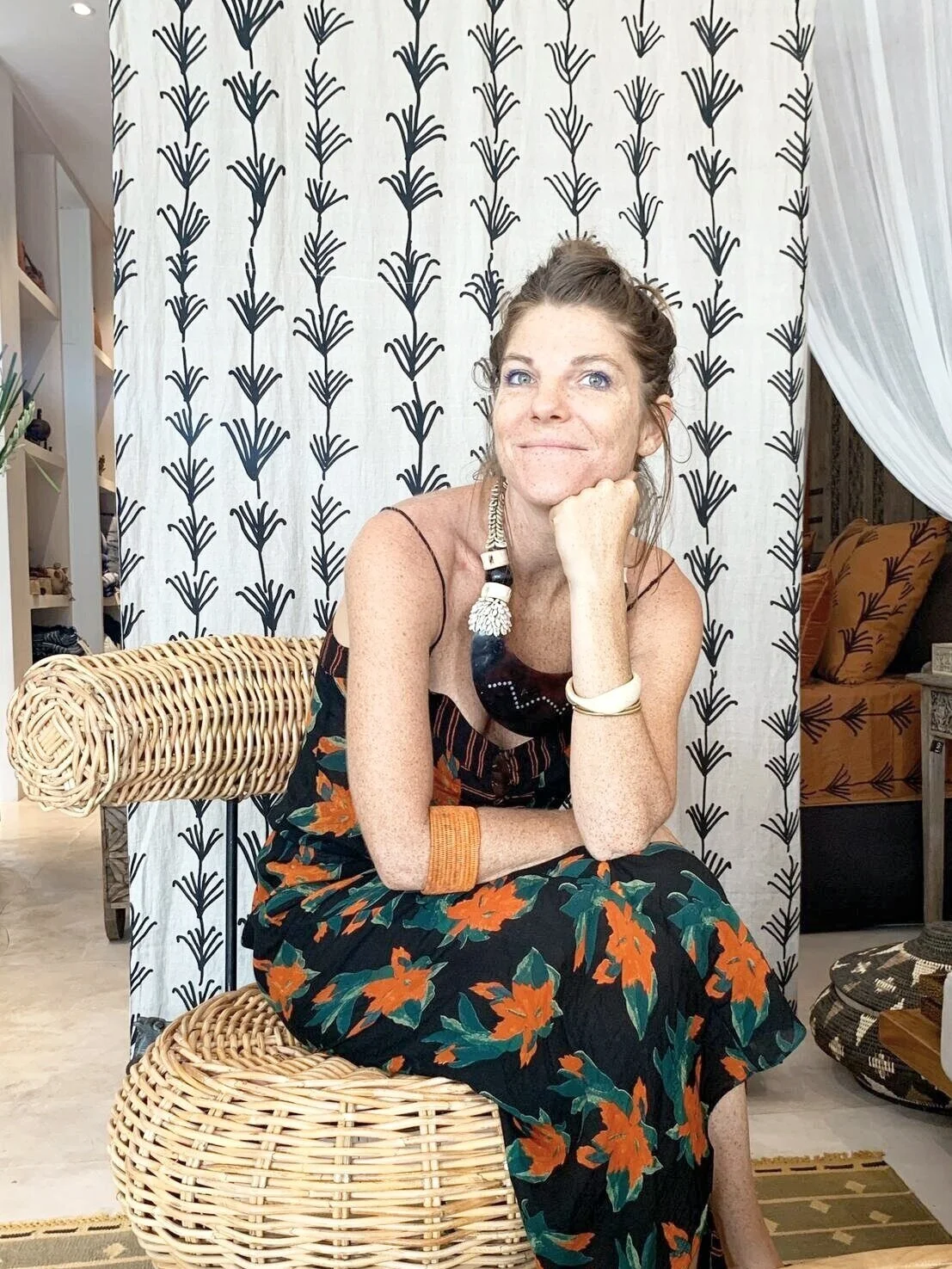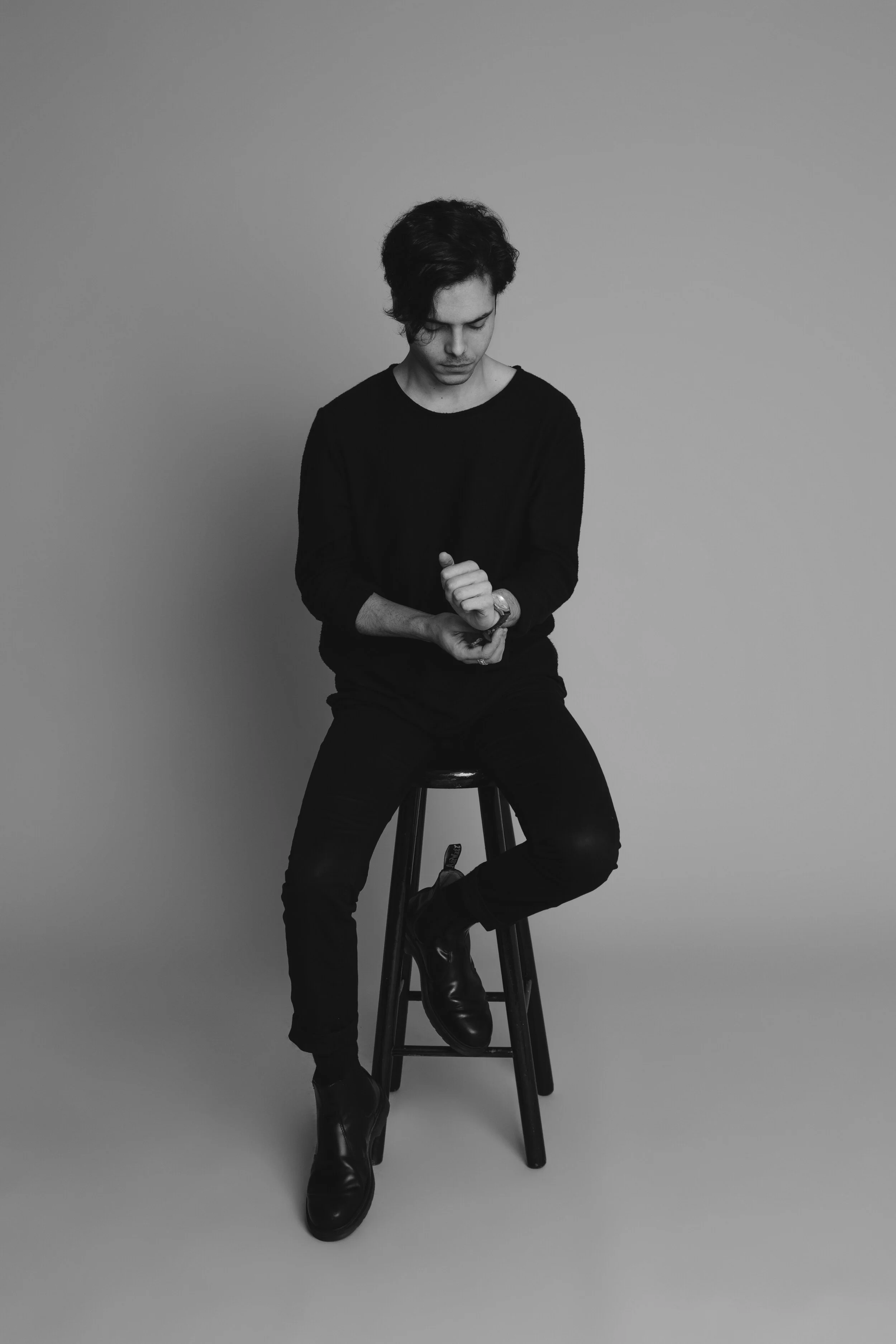Rebecca Manners BESPOKE Jewellery Designer
Interview with Rebecca Manners a Bespoke jewellery designer and creative consultant
Now more than ever, I have been reevaluating my life, the choices I’ve made, and the changes I want to make. As difficult as the circumstances have been with Covid affecting each and every single one of us in the world, I’ve maintained to stay optimistic about the result and effects of our new reality. One of those thoughts is on the way we consume, fast fashion, and changing my personal habits on what I want and feel the need to purchase. People in the fashion industry are discussing the concept of “revenge shopping”, and expressing their concerns on where this industry is going to go. I’m sure like me, many are feeling the same about the future and one of those conclusions, is the decision to support local artisans, and brands that embrace craftsmanship not mass production. That is why I am very excited to present the following interview with creative jewelry designer Rebecca Manners, currently based in Bali who’s personal journey has been all about making this transformation from her design process, to entrepreneurial decisions on values.
Greatest inspirations or influences?
I have always been an observer soaking up the details of life. I grew up in Menorca and ever since I was very young, I knew I wanted to be a designer,I always felt inspired by the natural resources around me.
I’ve always been fascinated with Tribes of the World which I have been studying since I was a teen.
The book called “ Africa adorned by Angela Fischer (who is now a dear friend and has been photographing lost tribes in Africa for over 30 years with her business partner Carol Beckwith ), sparked a thirst for adventure and discovery of indigenous communities. By the time I was 18 I set out on an odyssey for 3 years across South East Asia, Australasia and South America living and learning from cultures and tribes of the world.
Tell us about the entrepreneurial journey you’ve been on recently?
In the last 3 years of my life I have come full circle back to my roots living on the island of Bali and living my passions as a designer. I have thrown myself into the deep end by traveling to some of the most remote places in Indonesia and Myanmar searching for Master Goldsmiths and craftspeople.
I’ve had to learn a new language and a new way of working. It is not so much about the final product anymore but the process to get to the product. I connect right down to the source of the materials I use, working in remote villages with the genius hands that make my pieces. From volcanic mountain ranges in Java hunting for agatized fossils to the Kayah state in Myanmar living with tribes. I am fully engaged in the whole process, I honour it and celebrate it. The huge difference for me now is to understand the purpose of my work which comes before the process. I then celebrate the process and support livelihoods through work and living wages.
It is the Art of Slow, mindful luxury.
I no longer create large collections, I create bespoke or limited edition pieces/ collections in an intimate way of working with artisan masters, my private collectors and clients discovering their meaning for jewellery, fusing their style with ancient traditional techniques to preserve culture and celebrate craftsmanship.
This is at my core and ensures compassion, transparency and most importantly authenticity.
There’s a quote by Anais Niin about the word Art in Bali.
“Life, religion and art all converge in Bali. They have no word in their language for ‘artist’ or ‘art.’ Everyone is an artist.
How is your process different now than when you started?
Bex Rox was hit by a typhoon and was devastated. I realized though that I had created a business model that was not sustainable so as an entrepreneur I decided to start from scratch. I wanted to address my business with a whole new mindset. When you enter the artisanal world supporting livelihoods and producing ethically you have to have integrity, authenticity and do your research, and keep working out in the field before you can produce anything. The past 2 years have been all about research, connecting and learning. Furthermore, our world as we see it has changed, now with over 16 million left unemployed across the world and everyone affected due to COVID-19 we must put sustainable living and conscious consumption on the forefront.
Another important lesson has been to learn about cultural communication. Masters in their field are not factory lines, they are individuals with integrity and pride. They create as part of their culture to celebrate life through the arts and to get closer to the sacred. Many Masters I have met have been dubious about working with foreigners. In order to engage you have to put your time and respect their culture, listen to their stories, their heritage, drink gallons of sugary coffee and most of all be patient. One must believe in the artist's work in order to collaborate. There is an energetic creative code that comes through even with a language barrier.
How do you see life is going to change for us all post corona, lessons learned?
This is the big question for us all.
As designers, we will localise our production, recycle old stock or use what is available to us in our region supporting smaller suppliers or we will collaborate more with other brands to help small artisanal communities.
Having affected every single one of us. I see the rise in conscious consumerism and environmental ethics will become a way of life. The idea that bigger is better will not sustain anymore. I see the rise in activist designers, where the product will be about quality not quantity or time sensitive. I really feel that time post corona will be about appreciation, respect, empathy and celebration.
Lessons I’m learning more than ever are
To surrender.
To listen.
To be gentle.
To be patient.
To be grateful
To feel and to appreciate.
Tell us about your creative process.
My creative process when working on bespoke pieces starts with an open consultation with my client.
We discuss what my client is looking for, what jewelery means to them, what is their purpose for their bespoke piece and much much more. I will then create a vision mood board of inspirations and draw up some sketches. As the process develops I will marry the design to the right Master goldsmith with the ancient techniques and skills to bring it to life. Throughout the process I keep my collector/ client updated with videos of the making of the piece until the final design is finished.
Tell us about your work as a creative consultant.
I work with brands who would like to move into supporting ethical production whilst using sustainable materials. We work with over 30 artisan communities varying from jewellery making, rattan weaving, furniture to textiles such as batik and Ikat making. We define what our clients are looking for and we design and develop limited edition collections together. The process is very much like my bespoke service yet with interiors working with interior designers and fashion brands. I make sure that our values are aligned and that their lead times are workable. Regarding the art of slow, artisanal luxury I would like to share that it is exactly that, slow but created to the highest quality. Patience and time is needed.
Favourite websites, publications or social media handles?
Medium and so many more.
Anything else You’d like to share?
Stay positive, keep inspired, meditate more, learn from nature and stay connected.
Follow Rebecca @bexroxstudio and @rebeccamannersbespoke

















